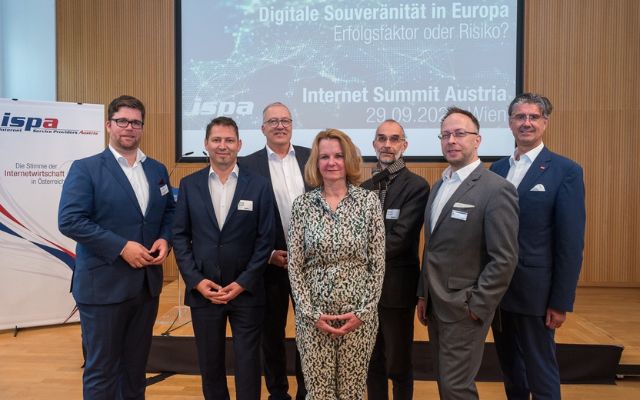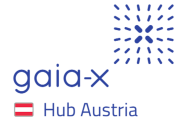
Photo: From left to right: Stefan Ebenberger (ISPA), Gerald Steiner (GAIA-X Hub Austria), Andreas Weiss (Eco – Verband der Internetwirtschaft e.V.), Svenja Falk (Managing Director Accenture Research Europe), Michael Nentwich (Director of the Institute of Technology Assessment of the Austrian Academy of Sciences), Harald Kapper (ISPA President) and Wolfgang Ebner (Office Manager of State Secretary for Digitalisation Florian Tursky). Present online and therefore not in the picture: Othmar Karas (1st Vice President of the European Parliament) and Julia Pohle (Berlin Economic Centre for Social Research).
Photo credit: ©APA Fotoservice Jacqueline Godany
Follow-up report from the ISPA Summit 2022
On 29 September 2022, the community of internet service providers met to discuss Europe’s digital sovereignty. In his online message, Othmar Karas emphasised that the economic engine of the future must be used. Europe could play a central role and be a beacon in the digital sector with sovereignty and European values.
Two keynotes followed: The first impulse came from Wolfgang Ebner and gave an insight into the digital strategy of the Austrian federal government. Gerald Steiner presented where Gaia-X and the Gaia-X Hub Austria can provide support and how companies can initiate projects and use cases and develop new business models.
The panel discussion focused on sovereignty. Andreas Weiss underlined the necessity and importance of Gaia-X for digital value creation and self-determination. Gaia-X makes an essential contribution to digital sovereignty. Svenja Falk, a researcher and author from Germany, also called for technological sovereignty as the ability to guarantee access at all times to those key technologies that are necessary to implement social priorities and needs.
Julia Pohle, who was remotely connected, emphasised that sovereignty is a popular but problematic concept, as many actors associate different ideas with it. It would be better to name wishes and goals concretely and to check them for their compatibility, feasibility and meaningfulness.
Michael Nentwich emphasised the development of local competences in order to become more independent of foreign know-how in the areas of software and cybersecurity. Gerald Steiner summarised that the cooperation of various stakeholders is a key to successfully and confidently blending data in a project and creating new business models. Use cases offer a good first approach to invite all participants to exchange information.
Technically, there are already possibilities, but we have to start acting and doing, all participants agreed. Finally, ISPA President Harald Kapper summarised once again: “Our common goal must be to open the gates of the future and to sustainably use the potentials of digitalisation – for Austria and Europe”.
You can find a photo of the summit at: https://www.apa-fotoservice.at/galerie/28722


